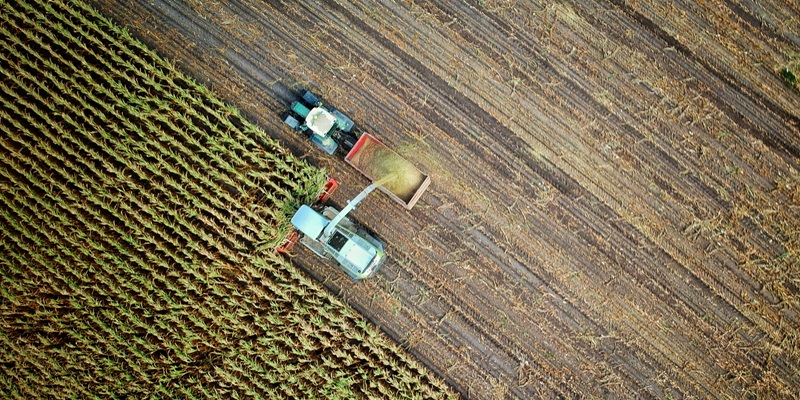In the quest to enhance agricultural efficiency and sustainability, scientists have developed a groundbreaking algorithm capable of estimating flower counts on fruit trees using nothing more than smartphone images. This revolutionary advancement comes from a collaboration among researchers from Chile, Spain, and the National Robotarium in the United Kingdom. By predicting harvest sizes months in advance, this AI-driven technology aims to offer numerous benefits such as significant time, cost, and water savings for farmers. As Fernando Ouat Chien, a lead researcher, points out, existing manual estimation methods have substantial error margins, which this technology aims to minimize. Such advancements mark an essential development in agricultural science, with the potential to transform farming practices worldwide.
Agriculture currently uses about 70% of the world’s freshwater, yet an alarming 50% of this water is wasted. Coupled with the fact that nearly half of all fruits and vegetables harvested for human consumption are discarded, the inefficiencies in traditional farming systems are glaring. The implementation of artificial intelligence in flower counting presents a viable solution to these problems, with the potential to optimize the use of both water and fertilizers. This AI system was tested in a Spanish orchard and achieved a remarkable 90% accuracy rate in predicting flower counts, which is significantly higher than the 50% to 70% accuracy of manual counts. It is particularly noteworthy that the algorithm can identify unique flower patterns, shapes, and colors even when they are partially obscured or intertwined.
Expanding the Scope of AI in Agriculture
In September, the researchers are planning a significant test to validate the AI’s predictions against the actual peach harvest. If this test proves successful, it opens the door for the technology to be adapted to other essential crops such as apples, pears, and cherries. This could have wide-reaching implications not just for local farming communities but on a global scale. The integration of AI into agriculture is part of a broader trend where modern technologies, including drones and robots, are being adopted at an accelerating pace to enhance efficiency, environmental consciousness, and profitability. For instance, the German startup Constellar and the Belgian firm Robovision have both developed AI-driven systems for crop monitoring and vision management on farms.
Despite the promise of AI in agriculture, adopting these advanced technologies is not without its challenges. One of the primary obstacles is the high initial investment required, which can be a significant barrier for small-scale farmers, especially in developing regions. Additionally, there are concerns about job displacement due to automation, which could impact rural communities that rely heavily on agricultural employment. Furthermore, ethical considerations such as data privacy, technological dependency, and the equitable distribution of technological benefits must be thoughtfully addressed to ensure sustainable and inclusive growth in the sector.
Addressing Challenges and Ethical Considerations
Scientists have developed a groundbreaking algorithm that estimates flower counts on fruit trees using smartphone images, enhancing agricultural efficiency and sustainability. This innovation results from a collaboration between researchers from Chile, Spain, and the National Robotarium in the UK. The AI-driven technology can predict harvest sizes months in advance, offering significant time, cost, and water savings for farmers. Lead researcher Fernando Ouat Chien highlights that existing manual estimation methods have substantial error margins, which this technology aims to reduce. Such advancements are crucial in agricultural science and have the potential to revolutionize farming worldwide.
Currently, agriculture consumes about 70% of the world’s freshwater, with an alarming 50% of this water wasted. Additionally, about half of all harvested fruits and vegetables are discarded, revealing inefficiencies in traditional farming systems. The introduction of AI in flower counting offers a viable solution, optimizing water and fertilizer use. Tested in a Spanish orchard, the AI system achieved a notable 90% accuracy in predicting flower counts, significantly higher than the 50% to 70% accuracy of manual counts. Remarkably, the algorithm can identify unique flower patterns, shapes, and colors, even when partially obscured or intertwined.

